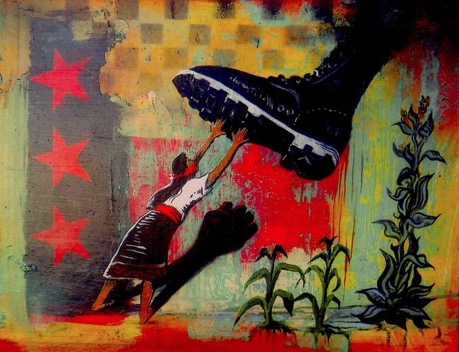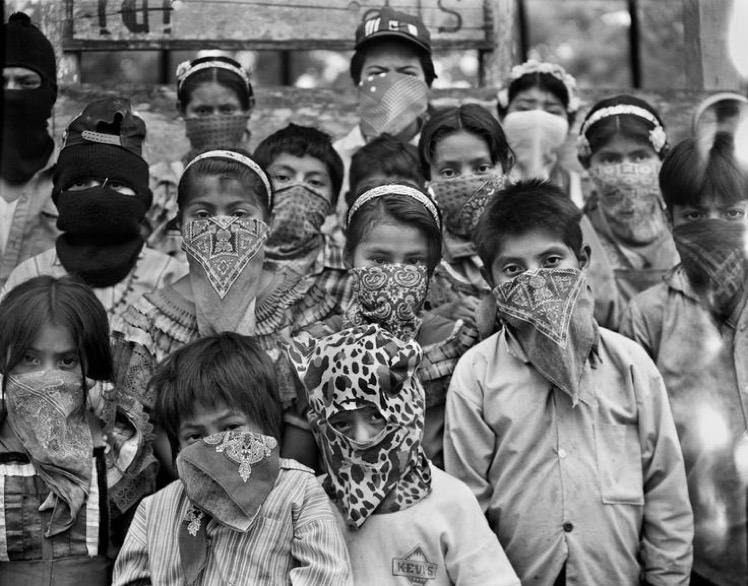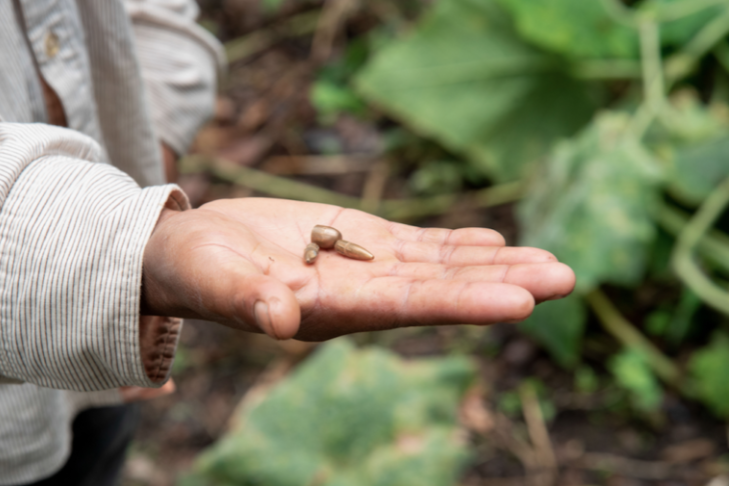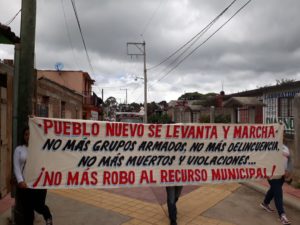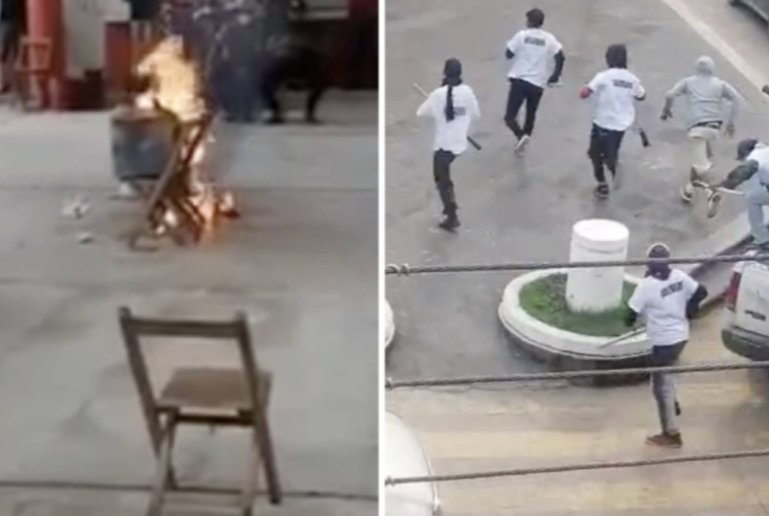War and Chaos Above; Resistance and Dignity Below
Zibechi warns that the state of the world, one of perpetual conflict, is by design an end in itself. Perpetual chaos creates an ideal environment for accumulation by dispossession. Therefore, he states, our response must be one of cohesion and dignity, order and resistance.

